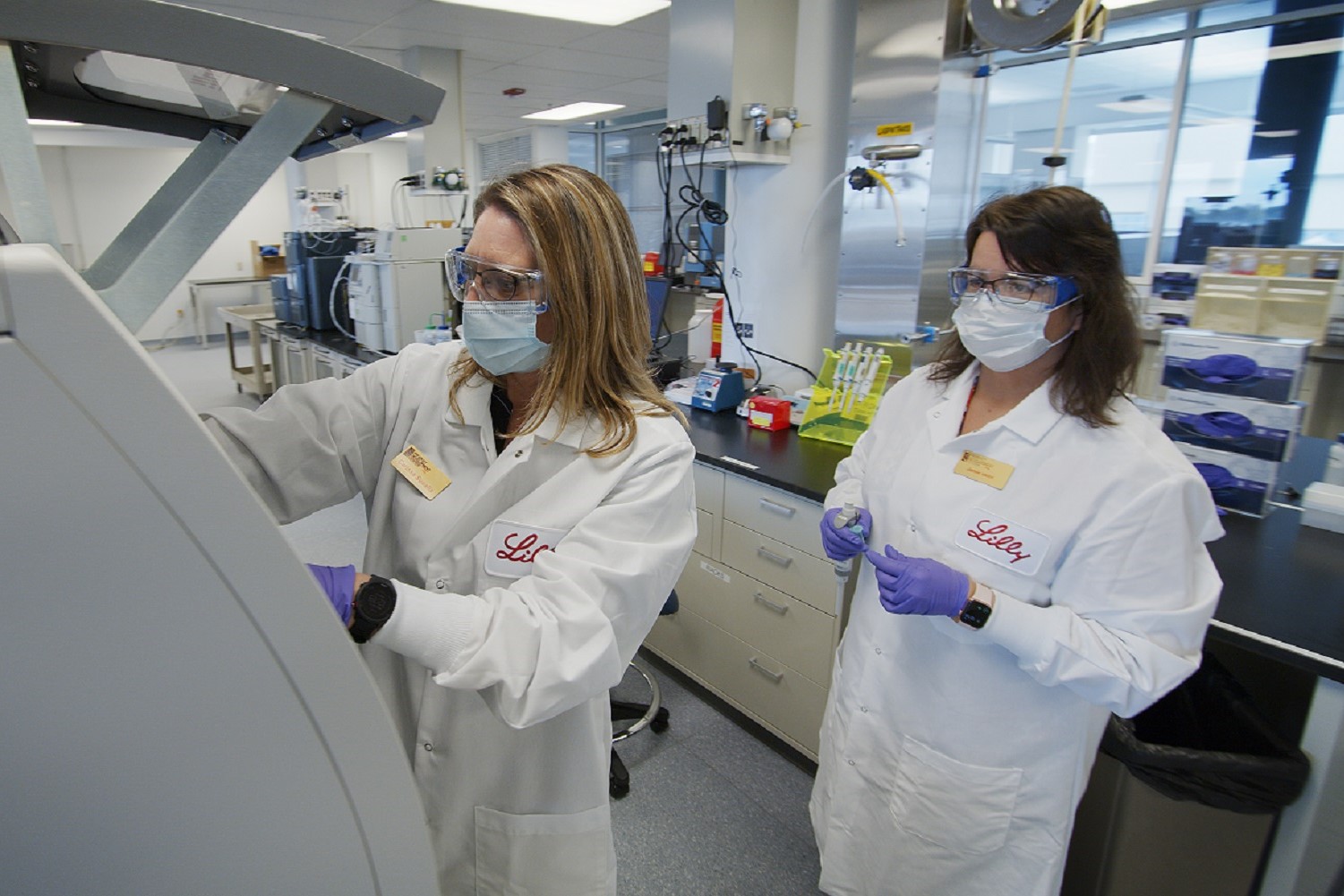
Eli Lilly announced Wednesday that it had acquired CoLucid Pharmaceuticals for $46.50 per share in an all-cash transaction.
That’s around $960 million for a one-trick pony, in the best possible sense of the word.

With the Rise of AI, What IP Disputes in Healthcare Are Likely to Emerge?
Munck Wilson Mandala Partner Greg Howison shared his perspective on some of the legal ramifications around AI, IP, connected devices and the data they generate, in response to emailed questions.
CoLucid is built around lasmiditan, a migraine drug first discovered by Lilly and then out-licensed to CoLucid in 2005. To fuel its development, the Cambridge, Massachusetts startup raised $95.5 million through eight private investment rounds, before going public in May 2015.
In September 2016, the company reported that the first of its Phase 3 trials, SAMURAI, had met both primary and secondary endpoints. At the two oral doses of 100 and 200 mg respectively, 28.2 percent and 32.2 percent of patients were free of migraine headache pain after two hours. That compares to 15.3 percent in the placebo arm.
Data from the second study, SPARTAN, are expected in the second half of 2017, the news release stated. All going well, Lilly could file for FDA approval of lasmiditan as early as 2018.
“Lasmiditan is a novel, first-in-class molecule that could represent the first significant innovation for the acute treatment of migraine in more than 20 years,” said David Ricks, who joined Eli Lilly as president and CEO in January.
Lasmiditan acts on 5HT1F receptors in the brain through a novel pathway that bypasses many of the problems associated with standard migraine drugs.
As its suffix suggests, lasmiditan is a ditan not a triptan. According to CoLucid’s website, triptans act on the blood vessels in the brain and cause vasoconstriction. Ditans works on the trigeminal pathway, making them suitable for a wider range of patients, including those with heart disease risk.
With its quick turnaround, lasmiditan is in trials for acute migraine headaches. Lilly is also developing galcanezumab, a monoclonal antibody that holds potential for migraine and cluster headache prevention.
The two late-stage drugs will be critical for Lilly, as it enters a transition period.
The pharma giant has struggled in recent years with some major late-stage failures. Most notably, its investigational Alzheimer’s drug solanezumab, which flopped several times over.
In 2017 it will lose patent exclusivity on Cialis, which accounted for 14 percent of its 2016 global sales. Lilly is also engaged in ongoing legal battles with Teva Pharmaceuticals, as it tries to extend patent protection for its cancer therapy, Alimta.
Times are tough for Big Pharma, but many experts believe these kinds of acquisitions are the best way to rebuild and evolve.
Photo: maxsattana, Getty Images














